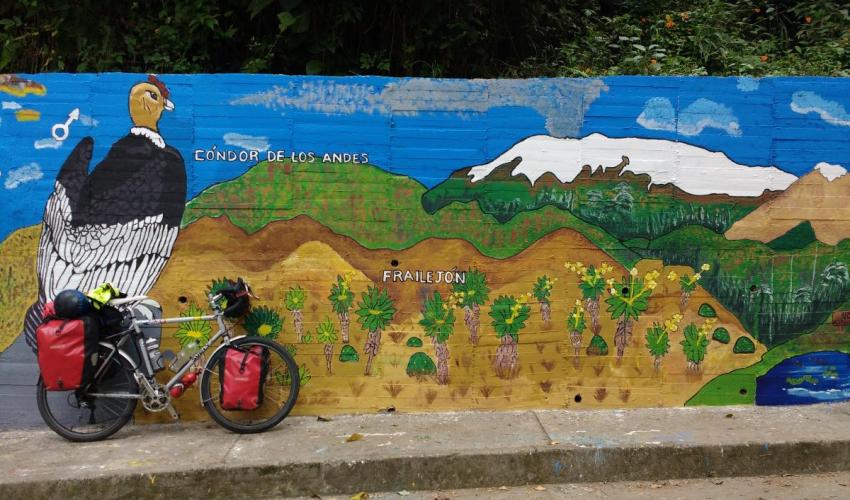Colombian cyclist Egan Arley Bernal Gómez and this year’s winner of the Tour de France has captured the world’s attention as the first Latin American to don its leading yellow jersey. What readers may not know is that Colombia also wears the yellow jersey in the race for protection of Mother Earth – blazing the trail for the rights of nature. In response to weak environmental regulation and lack of decisive Government action on climate change, biodiversity loss, and environmental degradation, Colombia is arguably the most judicially and politically active nation in granting legal personhood and rights of nature.
This article by Julia Torres Ventura and Elizabeth Macpherson appeared on IUCN.ORG on September 3rd, 2019.
Soon after New Zealand’s Te Awa Tupua (Whanganui River Claims Settlement) Act 2017, which recognised the Whanganui River to be a legal person in a legislative first, the Constitutional Court of Colombia released a decision that declared the Atrato River to be a legal subject with its own rights of protection, conservation, maintenance and restoration. The Colombian Court’s watershed judgment sought to reverse extreme pollution and damage in the Atrato River caused by illegal mining in the face of an apathetic and inactive government. It did so at the insistence of Indigenous and Afro-Colombian communities who depend on the river for their livelihoods and spiritual wellbeing, which the Court in turn recognised and appointed as river guardians.
In 2018, the Supreme Court of Colombia recognised the Amazon ecosystem, including its river and forest territory, to be a legal subject, and compelled the Colombian Government to take action to control deforestation and associated climate change and water cycle impacts in the Amazon region. Despite being ‘the lung of the Earth’, deforestation of the Colombian Amazon has increased by 44% in the last 3 years alone. The Amazon case was brought by a group of children and young people ranging from 7 to 25 years of age who successfully claimed as representatives of future generations the violation of their constitutionally protected human rights to life, water and a healthy environment, caused by the Government’s inaction. Key to its analysis, the Court interpreted the Constitutional principle of solidarity between citizens to mean that Colombians must show solidarity not just towards their fellow Colombian people, but towards people living in other countries and unborn future generations affected by climate change, and even towards plant and animal species. We are all, after all, members of Earth’s community and we all have a stake in the survival of the planet.
(To read the rest of this article at its original source please click HERE.)

